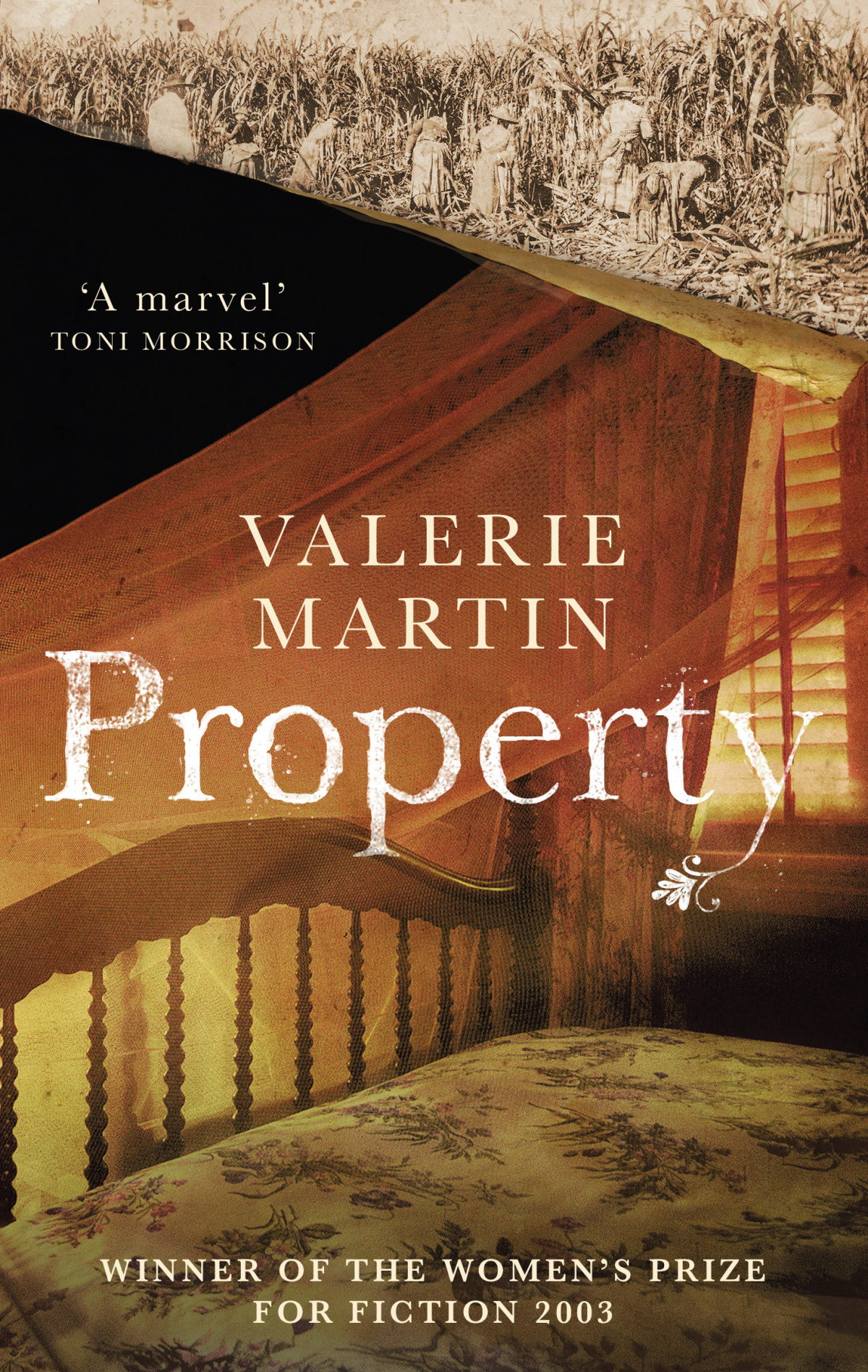

Most ebook files are in PDF format, so you can easily read them using various software such as Foxit Reader or directly on the Google Chrome browser.
Some ebook files are released by publishers in other formats such as .awz, .mobi, .epub, .fb2, etc. You may need to install specific software to read these formats on mobile/PC, such as Calibre.
Please read the tutorial at this link: https://ebookbell.com/faq
We offer FREE conversion to the popular formats you request; however, this may take some time. Therefore, right after payment, please email us, and we will try to provide the service as quickly as possible.
For some exceptional file formats or broken links (if any), please refrain from opening any disputes. Instead, email us first, and we will try to assist within a maximum of 6 hours.
EbookBell Team

0.0
0 reviewsProperty is an intricately told tale of both individual stories and of a country in a time of change, where ownership is at once everything and nothing, and where belonging, by contrast, is all.
"She creates a heroine as intriguing as she is repellent. And she forces the reader into the complicity and discomfort of a voyeur." - The New York Times
Valerie Martin’s Property delivers an eerily mesmerizing inquiry into slavery’s venomous effects on the owner and the owned. The year is 1828, the setting a Louisiana sugar plantation where Manon Gaudet, pretty, bitterly intelligent, and monstrously self-absorbed, seethes under the dominion of her boorish husband. In particular his relationship with her slave Sarah, who is both his victim and his mistress.
"This fresh, unsentimental look at what slave-owning does to (and for) one's interior life must be a first. And the writing - so prised and clean-limbed - is a marvel." - Toni Morrison
"Reminiscent of Doris Lessing's novel, The Grass Is Singing... Martin's project was not to impose a contemporary sensibility on slavery but to investigate what the daily fact of its brutality might do to one's interior life." - The Guardian UK
Property is riveting fiction, fast, richly plotted, and shimmering with visual detail. It is also an invitation to re-examine the traditions of the Southern novel and the myth of the chivalrous South, and a haunting meditation on what Valerie Martin has called "the fantastic and constant perversity of the oppressor to feel victimized by the oppressed."
Winner of the Orange Prize for Fiction 2003